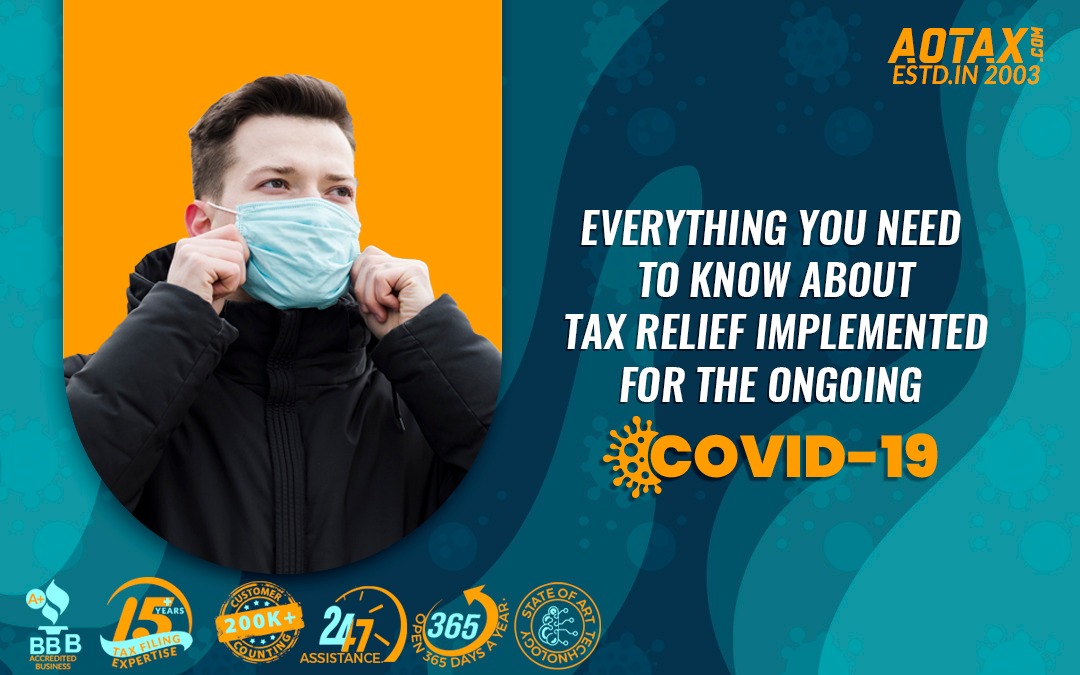Tax Tips for the Self Employed NR Indians in the US

Tax Tips for the Self Employed NR Indians in the US
If you are an NRI in the US and have just started your entrepreneurship, then you should be aware of the different tax implications related to self-employment. Some of these tax implications can even help reduce your tax liabilities.
Let us now have a look at the different facets associated with the tax rules for the self-employed NRIs.
Offices at home
When you are working comfortably from your home, it can help maximize your tax write-offs. In case, you are using a specific home office for your work or your business then that be claimed while filing the tax returns.
Those expenses which you can deduct as a part of your deduction for the home office can also include a part of expenses related to the home i.e. the mortgage interest, rent, taxes on real estate, utilities, insurance, etc. Moreover, you would also be eligible for the deduction of the total expenses that have been incurred in the repairs and the painting that is required for your home office.
Hiring part-time employees
If you have grown-up kids and they are on holiday, the best idea to keep them engaged is by hiring them for doing some of your office work. If you are hiring your kids for cleaning the office, running your deliveries, data entry, answering phones, etc. then you would be able to claim a tax deduction. You can claim that wages are deducted under Schedule C. However, this deduction can only be done until the compensation to be obtained is reasonable for the activity performed.
In case, your kids are below the age of 18 years the wages paid to them would be exempted from Social Security taxes and Medicare taxes. Moreover, if your kids are below the age of 21 years they would not owe the Federal Unemployment taxes. Even by these part-time hires, the tax liability of your family would be reduced as your children would not owe any income taxes on this income obtained.
Planning for retirement
By opting for a retirement plan, you would be lowering your taxable income. If you are a self-employed NRI the best retirement plan for you is the SEP (Simplified Employee Pension Plan). You have the option to put in up to less than around 25% of your earnings done from self-employment or put in up to $57,000 for the tax year/$58000 for the tax year 2021. You can compare this with the limit of $6000 which has been put on the contributions made to the IRA for the tax year 2020.
Mileage
If you would have been an employee who is traveling regularly to work then the expenses related to driving to your office and back could not have been claimed under tax deductions. Since you are self-employed then any work-related travel such as traveling to meet any client, going for work to some other location, etc. can be claimed as a tax deduction. In the year 2020, work-related travel done for a mile can be used to claim 57.5 cents along with the parking cost and any other tolls that have been paid. So, you must track your mileage coverage for work so that it can be used to claim deductions.
Business Travel
When you are a self-employed NRI and are traveling to another city in the US for work it is possible to claim a tax deduction for 100% of the costs incurred in the travel. Moreover, during the travel period, it can also be feasible for you to claim the expense incurred in your hotel stay and 50% of the expenses incurred in your meal. However, this is only possible for those days for which the travel has been work-related.
Moreover, under the provisions of the CARES Act, 100% of the expenses incurred in business meals can be claimed as tax deductions rather than 50%. This would be feasible starting in the year 2021 and would continue throughout the tax year 2022.
Conclusion
Hence, these tax guidelines would be helpful for you to lower your tax liability if you are an NRI and self-employed in the US.




Recent Comments